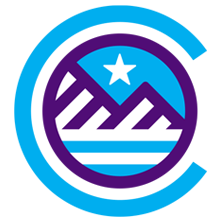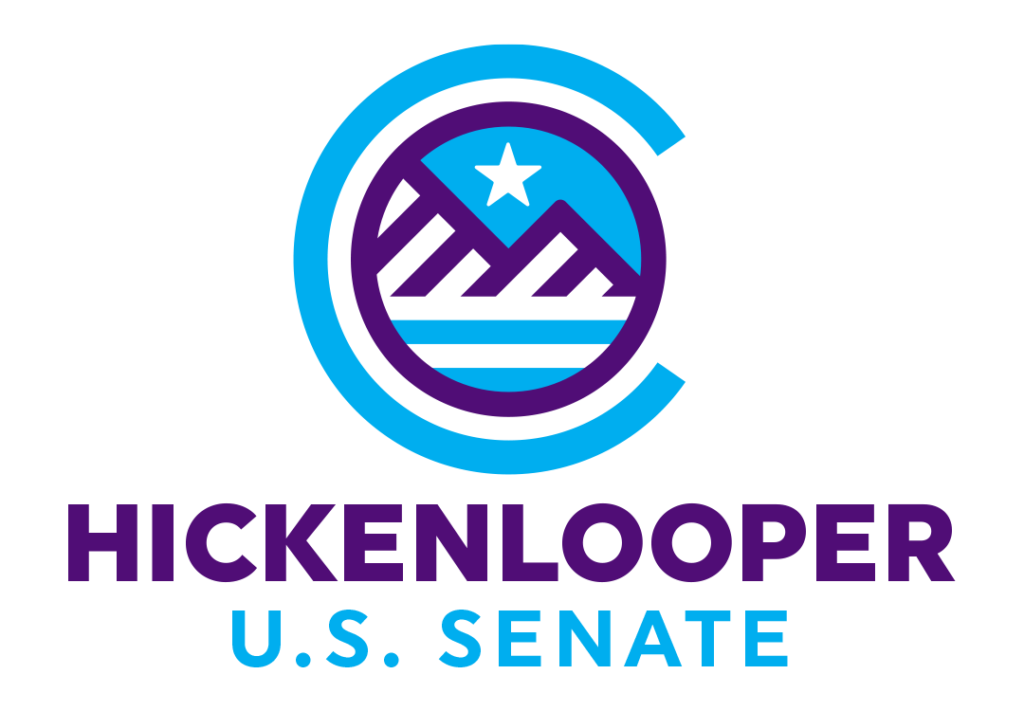By: Kathleen Lavine
April 11, 2020
Read More
FirstBank’s Friday announcement that it had to pause accepting new Paycheck Protection Program loan applications alarmed Democratic Colorado Senate Candidate John Hickenlooper. The former Colorado governor and Denver mayor told Denver Business Journal that he banks with FirstBank, which is the largest bank based in Colorado with nearly $20 billion in assets.
“If FirstBank is having a hard time… the smaller banks are going to have an even harder time,” Hickenlooper said.
FirstBank paused PPP loan applications until April 14 after the bank received more than 15,000 loan applications requesting more than $2 billion in 72 hours. Created to assist small businesses impacted by the pandemic, PPP loans can cover up to $10 million in payroll and other expenses for up to eight weeks.
Business owners with fewer than 500 employees are encouraged to apply for the loans, which can be forgiven and entirely converted into grants. The U.S. Small Business Administration is running that loan program in addition to the economic injury disaster loan program. The economic injury disaster loan program offers up to $2 million in loans that have a maximum 30-year term and can be used to pay for fixed debts, payroll and accounts payable.
In an exclusive interview, Hickenlooper shared with DBJ five ways he would help small businesses financially struggling due to the pandemic obtain funding if he were elected to the U.S. Senate:
Create a separate loan or funding program for businesses with less than 50 employees. Hickenlooper said he worries that the complexity of both loan programs will prevent the smallest of small businesses from obtaining them.
“There should be a faster, simpler way and some allocation that’s reserved for the businesses with less than 50 employees,” Hickenlooper said. “I’m going to guess they’ll be very, very few businesses with less than 50 employees that get any of these loans.”
These businesses lack the technical expertise to fill out the associated paperwork, Hickenlooper said. He added that these businesses are often not able to afford to hire professionals to help them. Hickenlooper envisions such a program having experts on staff to assist small business owners with fewer than 50 employees.
“If you’re really, I call them the ‘truly small businesses’ — businesses with less than 50 employees — generally you don’t have accountants and consultants that have experience negotiating these kinds of federal rules and bureaucracies,” Hickenlooper said.
Enlist fintech firms to help get the loans out to small business owners faster. Hickenlooper said he would have the federal government team up with fintech firms specializing in online payments to get the loans into the bank accounts of small business owners more quickly. His suggested companies included New York-based financial services firm MasterCard (NYSE: MA) and California-based online payments system PayPal (NASDAQ: PYPL)
“These [companies] are looking at ways that they can figure out how they can really assess who needs the money most and how to get that money to them as quickly as possible,” Hickenlooper said.
Use the Federal Insurance Contributions Act, more commonly known as FICA, tax records to directly deposit money into the bank accounts of small business owners. The FICA tax refers to the money taken out of workers’ paychecks to pay for social security retirement and Medicare funding. Hickenlooper has suggested using FICA tax records to pay small businesses what they need to get by as social distancing measures continue. These records can help the SBA quickly verify that the small business is reporting its accurate payroll information, Hickenlooper said.
“Maybe give them five times or 10 times their FICA [contribution] for a couple of months and structure it as a loan where they have to fill out a form…” Hickenlooper said. “Then you know it’s a real business and you know that they aren’t corrupt.”
Rapidly hire more SBA employees to deal with the influx in loans. Hickenlooper noted that prior to the pandemic, the SBA administered about $2 billion per month to small business owners. The first phase of the SBA’s new programs will require it to deploy nearly $175 billion in loans in two months. Hickenlooper said he hopes that the SBA hires as many people as possible to deal with the increase in demand. Partner with Community Development Financial Institutions to get money out to small business owners. CDFIs are certified by the U.S. Treasury to provide financial services to underserved markets and populations. Some local examples include the Denver-based Colorado Enterprise Fund, the Aurora-based CEDS Finance and the Denver-based Rocky Mountain MicroFinance Institute. Hickenlooper said the SBA should tap these institutions to ensure that small business owners from underserved communities get assistance.




